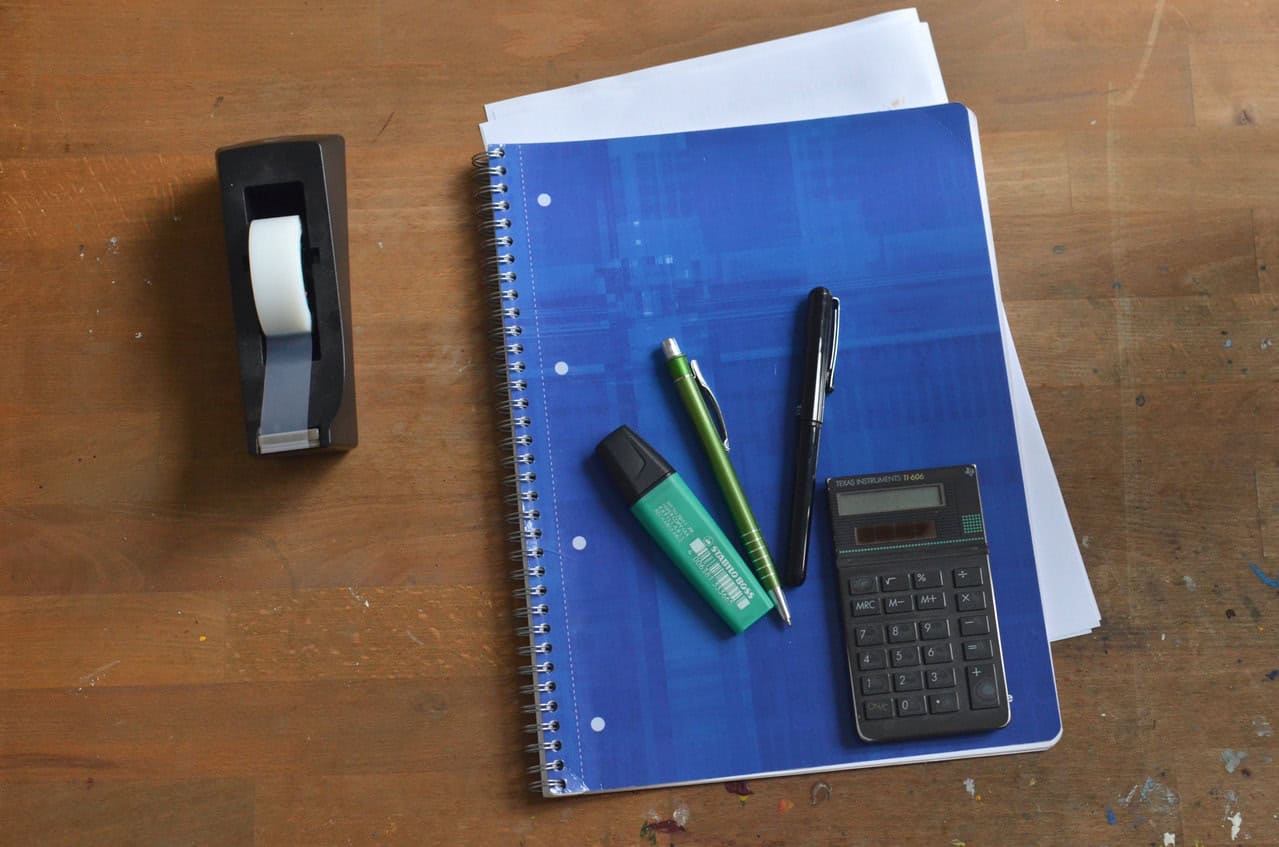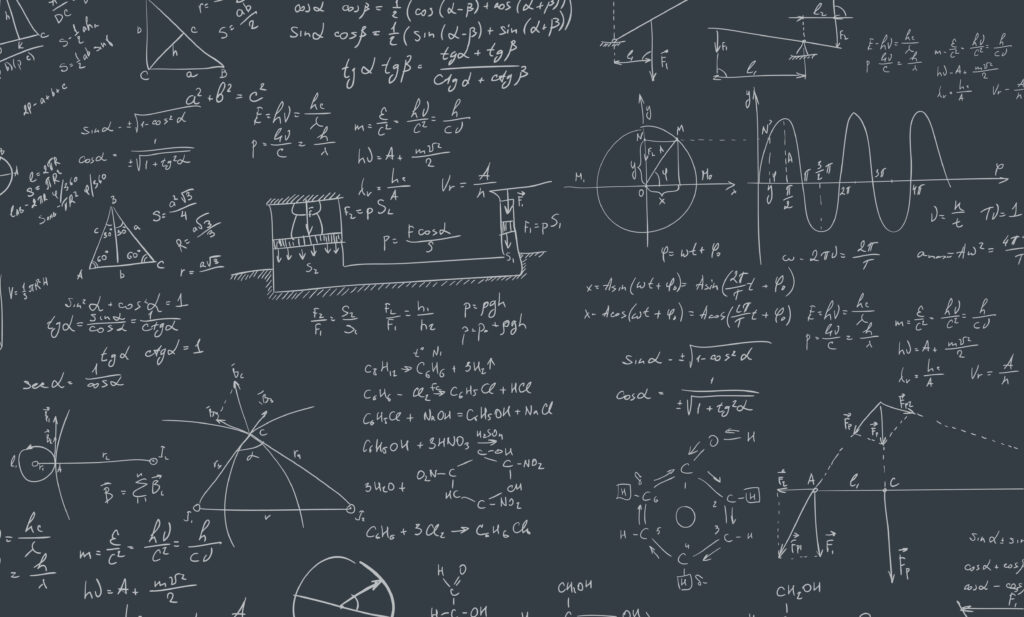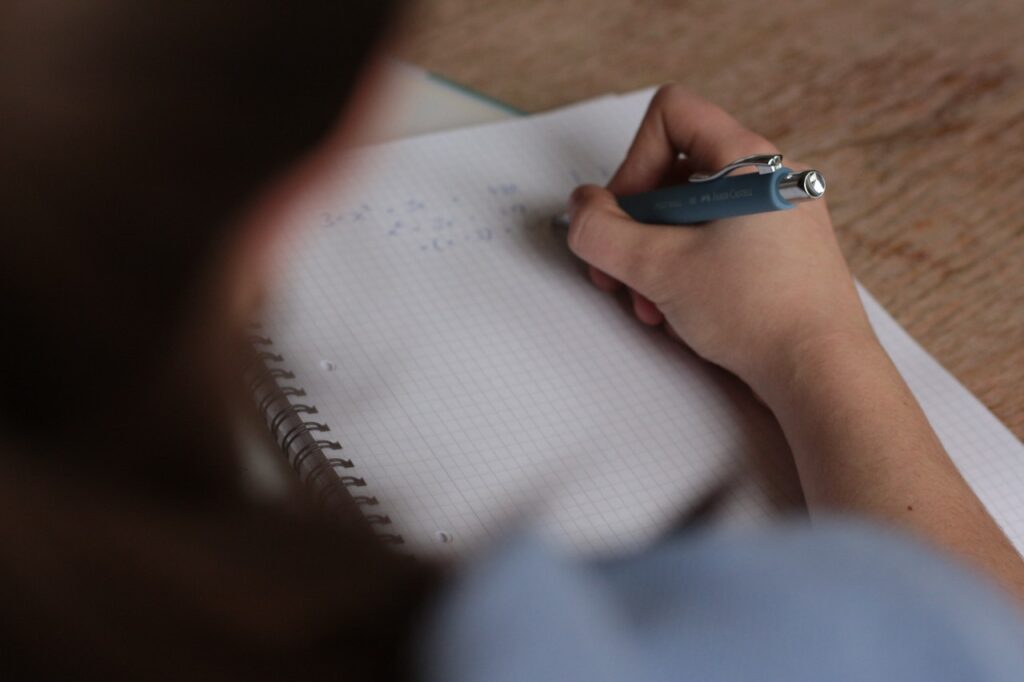A, that’s the goal in the end — what we all want to achieve after two years of QCAA General Maths examinations and assessments.
Although there are many factors that will determine whether you’ll achieve the results you want, there are a few things that you can always keep in mind on your part to make sure you give yourself all the best possible chances to get there!
This guide is meant to be used in conjunction with some more in-depth guides that we’ve already created, so we’ll we’ve linked them in this article.
Nevertheless, if you’re looking for some general tips on how to achieve that well-deserved A, keep reading to find out more!
IA1: The PSMT Report
IA2 & IA3: Exams
EA: The External Exam
IA1: The PSMT Report
A data report will be your first summative assessment. It will test your ability to analyse selected data in the context of a research question, and come up with a statistically sound conclusion to said question.
The key to your success in this assignment is to follow the structure set out by the task sheet. There are a few important elements that you cannot miss when carrying out a data analysis: your assumptions, your methods, their justification, and your criteria to determine whether your data answers the question.
Make sure you go into enough detail about these, as they are going to be crucial in determining the quality of your assessment.
Check out this guide to know more and download our sample response: The Ultimate Guide to Writing a Problem-Solving and Modelling Task (PSMT) Report for General Maths.
Where many students tend to fail or do worse is the approach they take to their research. Often the data they gather is too broad, too small in number, or overall inappropriate scope. Their use of mathematical statistics is lacking, or incomplete.
Make sure you select data that isn’t too ambitious, or conversely try to condense it down to fewer data points, using a 3 or 5-smoothed mean. Make sure you also make use of trendlines, equations, and coefficients of both determination and correlation in your research.
Just because this is a Mathematics assignment doesn’t mean you won’t have to use good writing skill to communicate your reasoning. Your structure and clarity in written form are just as important, so make sure you do not forego this!
IA2 & IA3: The Exams
Like any exams, preparation is key. Fortunately, you won’t have to learn different formats, as both IA2 and 3 will be done in the same style.
Nevertheless you shouldn’t underestimate them, as most of the difficulty will come from the topics you’ll be tested on.
Commit to memory only those things that you find extremely difficult to work out by yourself on paper: an example would be formulas, although be aware that some will be present on the exam formula sheet.
Another extremely helpful tip with any exam in mathematics is to write down your thinking. Seeing as the marking scheme places great weight on the thought processes and methods, don’t skip this, as it will earn you many marks!
Another great tip to achieve your best possible result is to make full use of your practice exams. You will most likely be handed past papers for practice, as well as ones created by your teacher.
Do not miss this opportunity to give it your best shot and really try to identify your weaknesses. Once these are identified, you’ll see exactly what you specifically need to work on!
If you’re looking for practice on these internal assessments, check out these short answer practice questions:
If you’ve already received your marks for all of your IAs, you should see how you’re tracking for your goal ATAR with our QCE Cohort Comparison Tool!
EA: The External Exam
The format of the external assessment somewhat differs from your internal assessments. Apart from being marked externally, the EA is made up of essentially 3 separate exam papers.
One is the multiple choice paper, another is the short answers paper (both of them are grouped around the ‘Paper 1’ name), and the last is the long answer paper (Paper 2).
All this somewhat gets you to consider a little more how you might approach your exam. In my case, I left the multiple choice question paper (likely the shortest and easiest one) after I completed the short answer paper. Unfortunately or fortunately, however you’d like to think about it, you won’t be able to complete Paper 2 and Paper 1 simultaneously.
You’ll have to face Paper 2 head on, and this will most likely be the most demanding and stressful piece of assessment in Maths, as all problems are complex familiar and complex unfamiliar. However, you still have the option of tackling the hardest problems first (the ones worth the most marks) and leaving the easier ones for the end, when your mind is more tired.
Another factor to keep in mind when completing these, is that you’ll be much more stressed than usual, as the EA counts a bit more towards your grade, and is also done simultaneously with other final exams.
The best way to tackle this problem is to practise. Be voracious in your study preparation, as there are plenty of resources online and past papers available for everyone from the QCAA website, as well as your school. The more prepared you are, the more likely you will achieve your A.
For more practice on these formats, check out:
- QCAA Multiple Choice Practice Questions for Unit 3 & 4 General Maths External Assessment
- QCAA Practice Questions for Unit 3 & 4 General Maths External Assessment
- Download QCAA General Maths Practice Exam for External Assessment Revision
- The Comprehensive List of QCAA Past Papers, Guides, Tips and Info
What can you do in class?
Most of your time is going to be spent in class learning the content. Instead of waiting for revision to happen one to two weeks prior to the exams, you can secure your A by starting in class.
Here is what you can do in a few simple steps.
#1: Listen
Easier said than done, because often Maths is just boring, and all you want to do is talk with your friends. It’s impossible not to do it ever, but try and limit your chat sessions to 5 minutes broken up across the lesson.
Listen attentively for 20 minutes, and chat for 5, and repeat like so. This is probably the most realistic approach.
#2: Take Notes
In Maths, this looks different from all your other subjects. Basically, you want to jot down calculations, formulas, and processes that you understand little of.
There is no point spending time making notes about things that you can figure out as soon as you look at them. Concentrate on those things which you find the most difficult!
Check out our unit guides for summaries on what you should know:
#3: Practise
The QCAA General Maths textbook is great for this. It categorises problems from hard to easy, so that you can pick your difficulty.
Instead of increasing the difficulty steadily, sometimes it is good to throw yourself into the unknown, so to speak, and try a problem straight off the most difficult list to get your brain thinking on the spot.
#4: Ask Questions
This is highly dependent on your teacher, but a good one will answer them fully! Don’t shy away from asking, because your teacher is there to help.
We’ve now shared all of our tips for achieving an A in QCAA General Maths — all the best with your assessments and exams!
Looking for a Maths tutor in Brisbane? Learn more about our holistic Maths tutoring here!
Are you looking for some extra help with revising for QCAA General Maths?
We have an incredible team of QLD Tutors and mentors!
Just started out Year 11 and feeling overwhelmed? There is one simple reason why for this!
We can help you master the QCAA General Maths syllabus and ace your upcoming General Maths assessments with personalised lessons conducted one-on-one in your home or online!
Need a Maths tutor in the Gold Coast? Check out more info here.
We’ve supported over 8,000 students over the last 11 years, and on average our students score mark improvements of over 20%!
To find out more and get started with an inspirational QLD tutor and mentor, get in touch today or give us a ring on 1300 267 888!
Vittorio Manessi is an Art of Smart tutor based in Queensland studying environmental science. He was one of the first Year 12 students to study under the new ATAR system in Queensland. He enjoys Maths, Science, English and Ancient History and is keen to share his knowledge of the QCE by making awesome resources.






